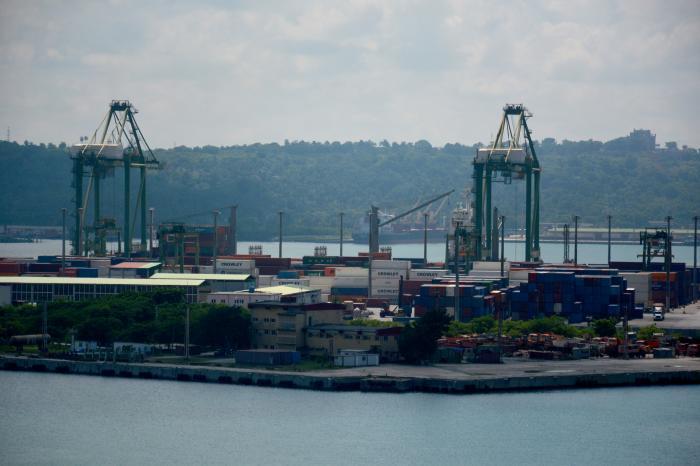
Many experts suggest that we are living in a period of disorder, a moment of upheaval in which numerous crises are converging. Additionally, everything is faltering, including the economy, politics, technology, and the environment. This represents an example of declining capitalism that is seeking strength where there is none to maintain its dominance.
This is how the current status of geopolitics and global order was described by Faustino Cobarrubia Gomez, PhD in Economics, researcher at the Center for the Study of the World Economy, and head of the Department of International Trade and Economic Integration.
During a press conference on the second day of the 14th International Meeting of Economists on Globalization and Development Problems.
Speaking to the press on the second day of the 14th International Meeting of Economists on Globalization and Development Problems, Cobarrubia Gómez stated that a transition in global hegemony from the West to the East is becoming increasingly evident.
This transition marks a geopolitical moment, which has occurred before in world history but presents new elements in this context.
First, this period of hegemonic transition occurs during a time of multiple crises, encompassing ecological, economic, and political concerns, as well as the civilizational crisis, in which many social factors converge. Second, the axis of hegemony is relocating, for the first time, from the United States to the eastern part of the world. This is evidenced by events such as the trade and technological war between China and the United States.
In this context of agonizing US capitalism, Cobarrubia Gómez highlights economic sanctions as their only solution. However, implementing sanctions goes against the hegemonic power. As Gómez stated, "if a country exerts its hegemonic power through sanctions, the sanctioned will not want to use that country's currency."
This practice encourages countries to create alternative mechanisms and currencies to the dollar, which accelerates the decline of the United States due to these sanctions. It is ironic that this action is causing the US to dig its own grave.
The researcher at the Center for Studies argues that we must find solutions because the developing countries are bearing the burden of this hegemonic crisis.
He noted that while there are still many unanswered questions at this stage, this event is unique in that it brings together a variety of perspectives. We are not only discussing Marxist ideologies, but also engaging in dialogue between opposing viewpoints.
Both neoliberal academics and individuals with different tendencies have traditionally participated, and he believes that the key to finding a solution lies in actively listening to everyone involved, as the stakes involve humanity itself. It is no longer a question of one system versus another, but rather a matter of human survival.
He stated that, "As global citizens, we must collaborate to find solutions and answers. He then proceeded to question the merits of globalization. Our goal is to save humanity, not to argue over socialism versus capitalism." He then proceeded to question the merits of globalization.
GLOBALIZATION CALLED INTO QUESTION.
Arturo Huerta, professor at the School of Economics at the National Autonomous University of Mexico, states that current economic issues are challenging the internationalization of economies and global supply chains. Consequently, several countries are advocating self-sufficiency and sourcing from nearby and dependable nations to prevent production standstill and mitigate the effects of global inflation.
In today's context, world trade no longer holds the prominent position it once did in driving economies. China is a case in point, which shifted its focus in 2010 from external market growth to domestic market expansion.
The speaker also emphasized the importance of fiscal austerity and the avoidance of debt, as this decision constrains public spending and diverts attention away from environmental issues, technological development, economic expansion, and job creation.











